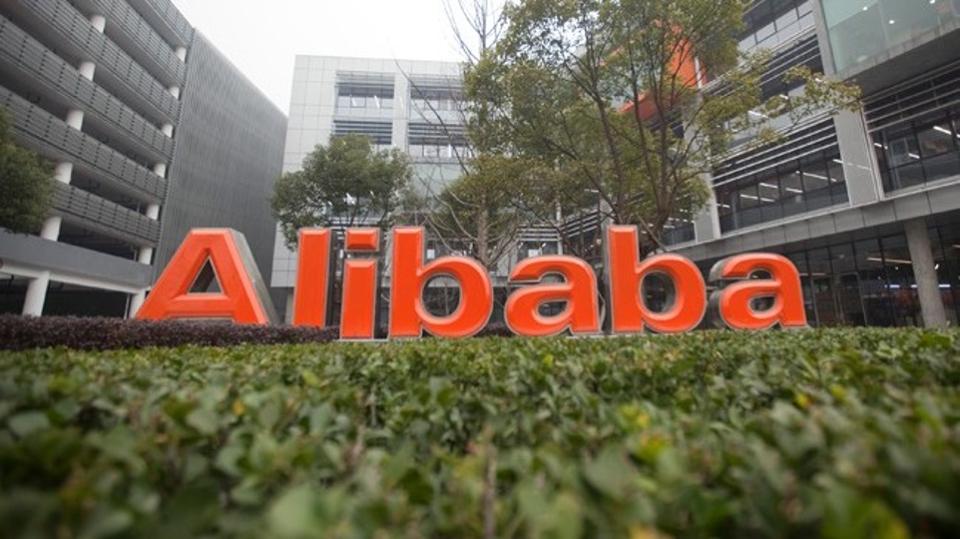On Thursday, the Cyberspace Administration of China (CAC) ordered five websites—Alibaba’s Taobao, its music-streaming subsidiary Xiami, entertainment platform Peiyinxu, shopping platform Mogujie, and Shenzhen-based Hithink Royalflush Information Network Co.—to cease selling illegal VPNs, close illegal accounts, and report back on changes by an unspecified deadline. Cate Cadell at Reuters reports:
Five websites have been asked to carry out immediate “self-examination and correction” to remove vendors that sell illegal virtual private networks (VPNs), according to a notice posted by the Zhejiang provincial branch of the Cyberspace Administration of China (CAC), China’s top cyber regulator.
Some of them were ordered to halt new user registrations, suspend services and punish accountable staff.
“The CAC has ordered these five sites to immediately carry out a comprehensive clean-up of harmful information, close corresponding illegal accounts … and submit a rectification report by a deadline,” the regulator said on Thursday.
[…] On Chinese online marketplaces, including the country’s largest e-commerce site Taobao, vendors sell a range of tools to set up personalized VPNs that are harder to track and block than some other services.
[…] The notice did not specify the date of the deadline by which the sites have to complete the rectifications. [Source]
Additional warnings from the CAC include selling illicit content and “controlled substances.” Lulu Yilun Chen at Bloomberg Technology reports further on the vague parameters of the CAC’s orders, and on Alibaba’s subsequent response:
Taobao is the country’s largest online marketplace and Alibaba’s main source of advertising revenue, an eBay-like platform on which small merchants and individuals hawk anything from TVs to cars. It’s unclear what sort of violations the regulator was referring to: illicit substances could run the gamut from drugs and pornography to unauthorized DVDs or games. In response to queries about the regulator’s notice, Alibaba said it will continue to enforce its policy of barring illegal products.
“Taobao forbids the listing or sale of any products that are forbidden by applicable law,” Alibaba said in an emailed statement. “We screen and remove product listings from third-party sellers which violate our marketplace rules.” [Source]
This announcement comes on the heels of the CAC opening investigations last week into Tencent’s WeChat, Baidu’s Tieba, and Sina’s Weibo for hosting content that jeopardizes national security, and therefore violates the Cybersecurity Law passed in June. In the above-quoted Bloomberg article, Chen noted that all three companies have agreed to remove content in violation of regulations.
Together, these series of orders can be seen as steps by Beijing to restrict access to the outside world’s unwelcome ideas in the leadup to this fall’s 19th Party Congress, following a pattern seen in the past during some politically sensitive periods surrounding major official conclaves. This January, the CAC pledged total loyalty to Xi, prioritized the creation of an environment “conducive to a successful 19th Party Congress,” then ordered a 14-month anti-VPN “clean-up campaign.” In March, mega-city Chongqing announced fines of up to 15,000 yuan against VPN users. In late June, Beijing shuttered live-streaming services and websites. On July 1, GreenVPN was shut down, followed by Haibei, ExpressVPN, and others. Bloomberg reports claiming Beijing had ordered state-run China Mobile, China Unicom, and China Telecom to block individuals from accessing personal VPNs by February 2018 were subsequently denied by China’s Ministry of Industry and Information Technology (MIIT). Foreign behemoths, such as Apple and Amazon, have also been complicit, unleashing a firestorm of debate online.
At Quartz, Josh Horwitz delves more deeply into the reasoning behind government “investigations” and concerns going forward:
These crackdowns, to some extent, are ritual. China’s next Communist Party Congress is coming up (the date has not been announced, but it’s likely September or October), and the event might result in a reshuffling of the nation’s top leaders. Whenever such major political events take place, internet authorities routinely hinder VPN access, making it harder to jump the firewall and access banned sites like Facebook and YouTube. Issuing directives that call for “investigations” are often just a means for the government to show its power over a group of companies that are deemed to have ever-increasing influence on Chinese society.
The fear is that the government will go beyond mere signaling and actually prevent companies like Alibaba from making as much money as they can. Thus far, investors aren’t concerned—Tencent’s stock price suffered a dip when the government targeted its smash-hit game, but quickly recovered. The same goes for Alibaba—its stock price was up 5% in pre-trading on the NYSE.
That sentiment might not be shared by actual consumers though—VPNs mark one of the few ways Chinese residents can access the free internet, and the crackdown could very well continue on even after the party congress ends. No warning is too small to heed. [Source]
Read past coverage of VPNs, via CDT.








